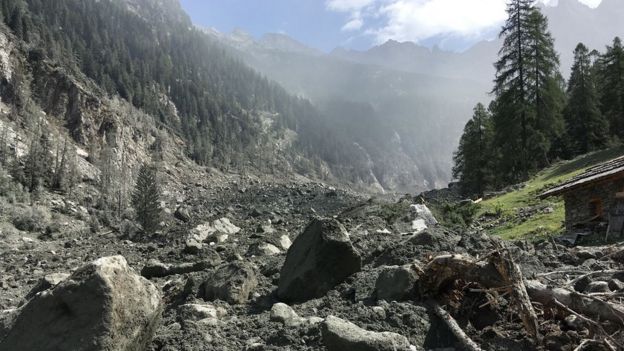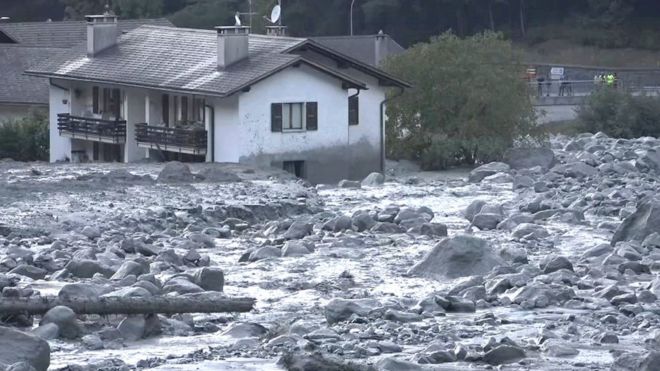The increasing cost of repairing a damaged smart phone may trigger demand for durable phones across the globe because the market for resilient smart phones, which can take rough handling and sturdy screens, is bucking the stagnant trend in the wider market. Indeed, new data from CCS Insight, a research company, predicted the market for tough handsets will boom 25 per cent this year to 22.2 million units, as more people opt for durable phones that can withstand a harsh environment. CCS expects the niche to continue to expand rapidly, with volumes of 54.5 million by 2021. This is in contrast to a growth of less than four per cent for the global smartphone market, which has slowed as more consumers opted to hold on to their phones for longer. In Nigeria, though, smartphone penetration as at 2016 was put at 30 per cent. The Guardian gathered that the cost of repairing damaged phones, especially those with screen problems, costs as much as between N80, 000 and N150, 000, e...




Comments
Post a Comment